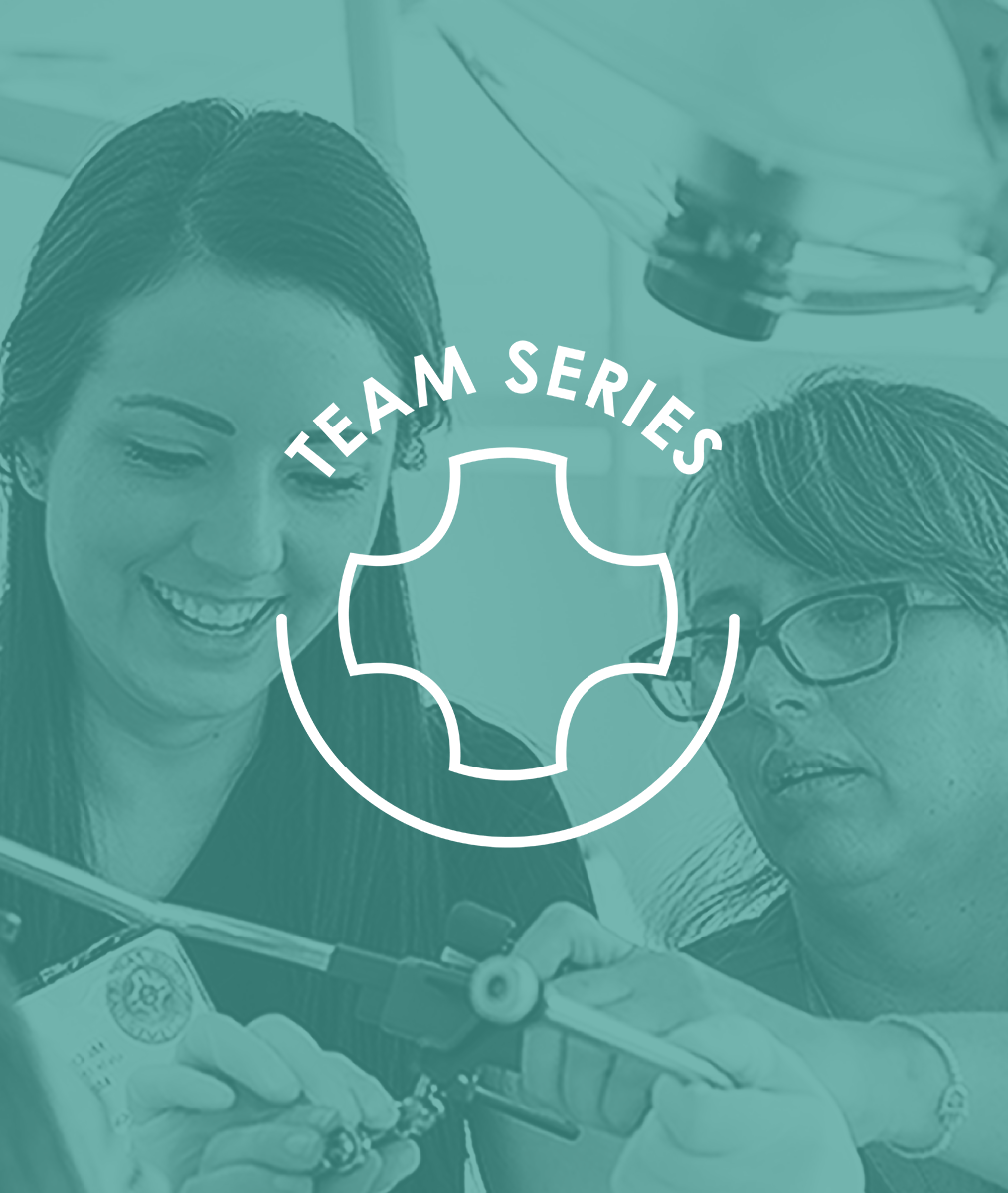
What Motivates Dental Teams?
By Pina Johnson Professional Certified Coach
What motivates teams is a question that has been asked for as long as someone has been seeking solutions for organizational performance. The day of top-down (or command-and-control) leadership is gone.
Daniel Pink, in his 2009 book Drive: The Surprising Truth About What Motivates Us, takes a deep dive into the decades long effort to understand the research around human motivation in the modern workplace. Consistently, employers believe they are doing a great job of recognizing, rewarding, and motivating their employees. The people that work for them report the opposite. The tension between the two groups is observable and measurable. In this book, Pink discusses the key patterns that are consistent in what motivates people., takes a deep dive into the decades long effort to understand the research around human motivation in the modern workplace. To his credit, he uncovers the key patterns that are consistent in what motivates people.
What doesn’t work—external rewards and punishments
Although there are times and places to administer rewards (carrots) and consequences for behaviors that violate the organization’s values (sticks), “carrot and stick” strategies do not work and have not been working for quite some time. In fact, according to a great deal of research, these strategies reduce performance over time after a brief initial improvement when they are introduced.
What does work—internal motivations
Research has clearly demonstrated that there are three primary internal motivations that drive team member engagement:
- Autonomy
- Mastery
- Purpose
Autonomy over your work appears to be the strongest driving force among those three. There are many aspects to autonomy that you can explore in Daniel Pink’s book. My takeaways are that people want:
- Control over how they do their work
- Ability to creatively enhance the methodology of their work
- A strong voice in the direction and future of their work
This begs the questions:
- Have you met individually with each team member and talked about this?
- Are you giving them the freedom to do their jobs well?
- Are you developing them with training opportunities and direct challenges?
Responsibility without authority creates frustration. Responsibility demands autonomy.
Mastery is defined as the desire to get better and better at something that matters. You can feel the natural connection to Autonomy as the desire to improve is based in each person’s unique gifts, talents, skills, and desire to use these for something important.
Control seeks compliance. Autonomy seeks engagement. When a person becomes fully engaged in an activity, and is challenged enough to be stimulated, they can lose themself in that activity be it work or play. That optimal state of peak performance is described as flow. Mastery happens in and through those experiences of flow. Mastery is a mindset that requires a great deal of grit and becomes the infinite game that we never complete.
Purpose answers the question for each person: “What are you supposed to do with your one short life?” When the organization has a clear purpose, the individual understands their role in that purpose. When they connect the organization’s purpose to their own life’s purpose, then you have a powerful force at work. Is the purpose of your organization clear? Have you asked the key people in your organization what their purpose is? Have you helped them to connect those two purposes?
Our responsibility
As practice owners and leaders, we are people developers. Everyone possesses a unique set of gifts, talents, hopes, dreams, and ultimately a life purpose. Unlocking that unique set of internal motivators for everyone on your team is the key to building an abundant future. That future is defined by a transformational mindset rather than a transactional mindset in which power is limited by time, redundancy, compliance, and efficiency.
Each person motivates themself. Our role as a leader is to help our team members, one at a time, to discover, connect with, and unleash their powerful internal motivators. Then together, as a team, we can channel all of that discretionary energy into a shared mental model with a laser-like focus on the organization’s clearly defined and stated purpose.
Pina Johnson PCC is a Certified Professional Coach with the International Coach Federation, and as a former practice administrator, she has over 20 years of experience in the dental field. Her coaching strategy and emphasis lie in developing leadership skills and practice cultures that produce peak-performing teams along with increased productivity and profitability. In her private practice, Pina specializes in group coaching. Partnering with Drs. Joel Small and Edwin (Mac) McDonald at Line of Sight Coaching, she coaches many dental teams with great success, resulting in increased employee engagement, reduced stress, improved performance, and enhanced communication. Pina received her professional coaching certification from the University of California, Davis. Upon completing her training, she was invited back to serve in multiple capacities as a UC Davis coaching program faculty member. Pina has been a featured speaker covering topics including, The Neuroscience of Trust, Management Behaviors that Foster Employee Engagement, and How to Talk So Your Staff Will Listen, and Listen So Your Staff Will Talk.
Pina is a Member of the American Association of Dental Office Managers, Dental Speaking Consulting Network, Dental Entrepreneur Women, International Coach Federation, and the ICF Sacramento Chapter.
Related Course
The Pankey Assistant’s Experience
DATE: June 12 2025 @ 12:00 pm - June 14 2025 @ 7:00 pmLocation: The Pankey Institute
CE HOURS: 17
Regular Tuition: $ 2050
Single Occupancy Room with Ensuite Bath (Per Night): $ 345
This “can’t miss” course will empower Dental Assistants to bring their skills to excellence! During this dynamic hands-on course, led by Pankey clinical team member, Sandra Caicedo, participants will learn…
Learn More>






